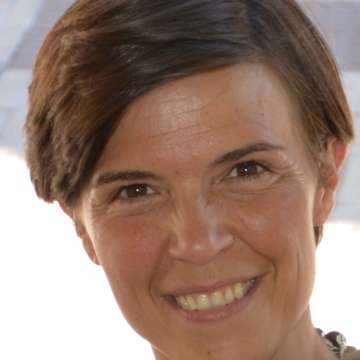Sometimes the musical scene of a city is filled with amusing coincidences. Within the framework of a Lied series currently celebrating its 20th anniversary, Nathalie Stutzmann appeared before the Teatro de la Zarzuela in Madrid to perform Schubert’s Winterreise. She did so shortly after singing, at the Auditorio, Wagner’s Wesendonck Lieder with David Afkham, who has already conquered the Madrid audience months before officially becoming the Principal Conductor of the Spanish National Orchestra. The poems from Mathilde Wesendonck were deeply influenced by Wilhelm Müller, whose words Schubert turned into the last complete cycle he would compose in his brief life. In turn, the music Wagner composed for his beloved’s poems is full of musical thoughts later to be found in Tristan und Isolde. The opera – or the “action” (“Handlung”), as the composer referred to it – is currently playing at the Madrid Opera House (and the Backtrack review is here), in what closes an invisible circle of mischievous concurrences.
Stutzmann and the pianist Inger Södergren have a long track in making music together. They have toured Europe and recorded, among others, Winterreise. Their mutual understanding and their synchronicity are evident. They are at ease with each other, and barely need to make eye contact to know when a pause ends or how long a cadence lasts. A good example of this was their complicity when performing “Auf dem Flusse”. Such complicity held true even in a performance that was overall irregular, the lows mainly coming from the keyboard rather than the voice. There is no Winterreise without the piano committing to the journey too. Södergren however never took off. She was a faithful accompanist, but this is not what Schubert intended his piano to be.
Stutzmann narrated as much as she sang, which is what this repertoire demands. She took a while to warm up, the result being a second half of higher musical quality. “Die Krähe” was a particular highpoint, enhanced by her full lower register. Elsewhere, chose restraint over extrovert emotion, yet managed to move an appreciative audience. She kept her line for as long as the phrases lasted, arguably overdoing her rubatos – this was particularly obvious in songs like “Frühlingstraum”, a true trap for indulgers.
This is one of Schubert’s most inspired compositions. Not that he has written much music of poor quality. Making it work is hard enough. Making it rip you open is only the privilege of a few. Schubert himself and his friend the baritone Johann Michael Vogl were the first ones to trigger this magic. In the words of the composer: “the manner in which Vogl sings and I accompany, the way in which we seem, at such a moment, to become one, is something quite new and unheard-of for these people”. Tonight, we heard two women who were together, if not quite one.


